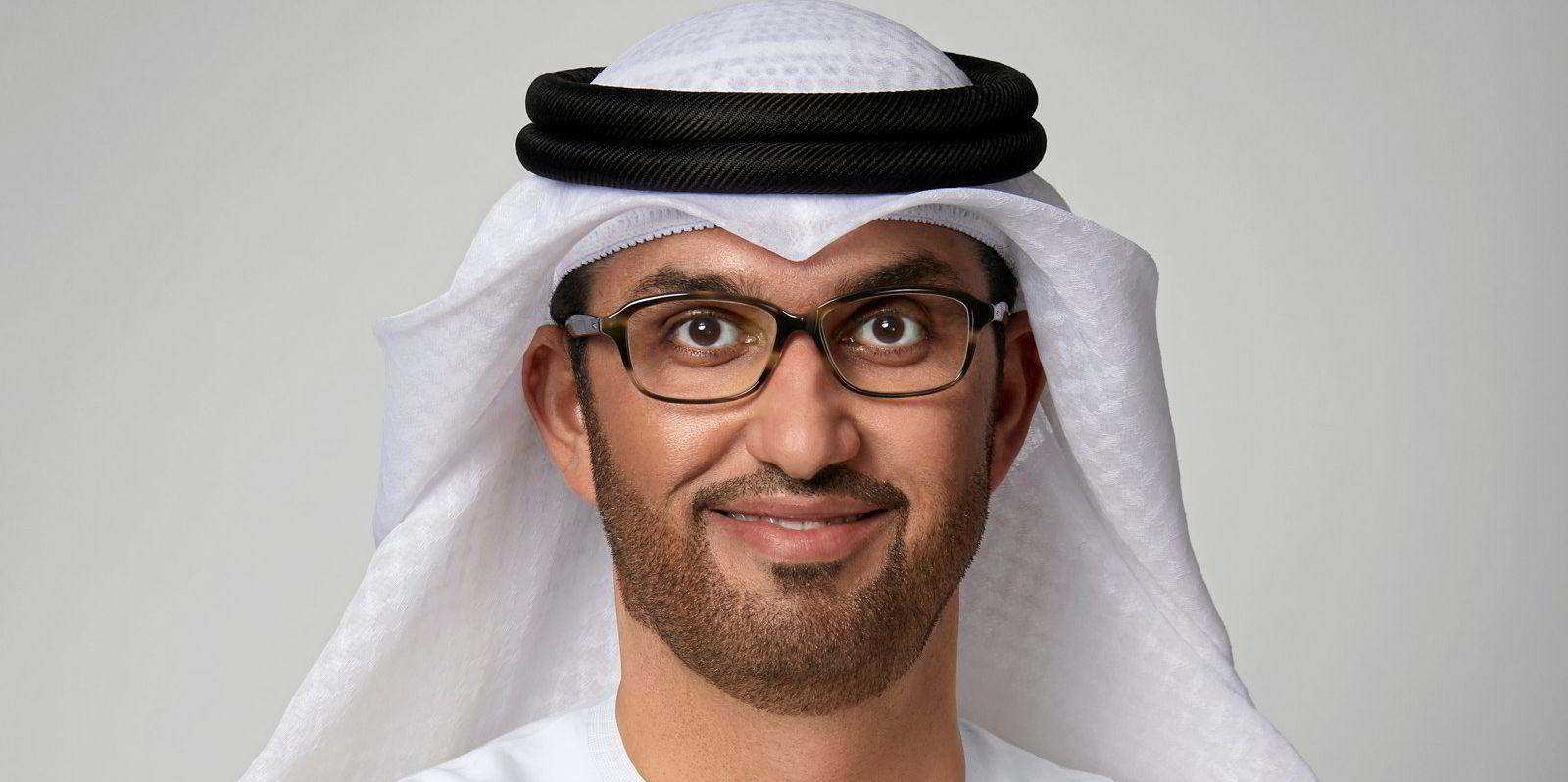Abu Dhabi National Oil Company (Adnoc) has signed two key agreements with Japanese players to strengthen the low-carbon hydrogen value chain between the United Arab Emirates and Japan.
The first agreement, with Kawasaki, “aims to explore production, liquefaction and transportation of hydrogen to key global markets,” Adnoc said in a social media post on Monday.
The second one — with the Japan Organisation for Metals & Energy Security, Mitsui, Inpex and the Clean Fuel Ammonia Association — aims at clean certification for Adnoc’s low-carbon ammonia projects, it stated.
“As both energy sources emit no carbon dioxide, they will also play a key role in decarbonising hard-to-abate sectors,” it noted.
Adnoc said the agreements “build on the deep-rooted energy relationship between the two countries and will advance practical solutions to help meet growing global demand for clean fuels”.
“These latest strategic agreements demonstrate our commitment to working with our customers to decarbonise the energy system,” it added.
Article continues below the advert
$15 billion investment plan
Adnoc earlier this year unveiled a $15 billion investment plan as it steps up its drive to decarbonise its operations.
The Abu Dhabi giant in January said its energy transition investment plan follows its “low-carbon growth strategy” and the Adnoc board’s approval of its “net-zero by 2050 ambition”.
The investments would be executed through “an array of projects across its diversified value chain by 2030,” it stated.
Middle East oil and gas giants are spending billions of dollars to scale up their hydrocarbon production capacities but are also preparing to invest heavily in energy transition initiatives, primarily led by hydrogen and CCS projects.
Adnoc said that, throughout this year, it will announce “a suite of new projects and initiatives, including a first-of-its-kind CCS project, innovative carbon removal technologies, investment in new, cleaner energy solutions and strengthening of international partnerships”.
It said the measures represent “tangible and concrete action as the company reduces its carbon intensity by 25% by 2030 and moves towards its net zero by 2050 ambition”.
The company last year said that it has set up a new business — Low Carbon Solutions & International Growth — in line with its ambition to achieve net-zero Scope 1 and 2 emissions by 2050.
As a part of its low-carbon initiatives, the company recently set a new upstream methane intensity target of 0.15% by 2025.

